The Ultimate Guide to Specialized Softwashing Techniques in Johnson City
The Ultimate Guide to Specialized Softwashing Techniques in Johnson City
Hey there! Let's talk about specialized softwashing techniques in Johnson City. You know, I've been in the house washing business for years, and I've seen firsthand how this method has revolutionized the way we clean exterior surfaces. It's not just about making things look pretty; it's about protecting your home and extending the life of your siding, roof, and other outdoor areas. Trust me, once you understand the benefits, you'll never look at pressure washing the same way again.
We're going to dive into some cool stuff in this guide. I'll break down the science behind soft washing and why it's so effective. We'll explore which surfaces in Johnson City can benefit from this gentle yet powerful cleaning method. I'll also share my thoughts on DIY softwashing versus hiring professionals – because, let's face it, sometimes it's worth calling in the experts. By the end of this, you'll be a soft washing pro, ready to tackle those stubborn stains and mildew bugging you for ages. Let's get started!
The Science Behind Softwashing: How It Works
Let's dive into how soft washing works magic on stubborn stains and your home's exterior growths. It's not just about spraying some water and calling it a day—there's a whole science behind it!
Chemical Composition
The secret sauce in soft washing is the blend of specialized cleaning solutions. We're talking about a mix of algaecides, bleach, and surfactants that work together to break down and eliminate organic matter like algae, mold, and mildew. It's like giving your house a spa day, but instead of cucumbers on the eyes, it's getting a deep clean that goes beyond the surface.
When I first learned about the chemical composition of soft wash solutions, I was initially skeptical. I thought, “How can a bunch of chemicals be safe for my home?” But after researching, I discovered that these solutions are specifically formulated to be tough on stains but gentle on surfaces. It's all about finding that perfect balance, and you can trust that these solutions are safe for your home.
Low-Pressure Application
Another critical aspect of soft washing is the low-pressure application. Soft washing uses a gentler approach to pressure washing, which blasts water at high speeds. The cleaning solution is applied using low-pressure pumps and nozzles, allowing it to penetrate deep into the surface without causing any damage.
I've seen firsthand how too much pressure can do more harm than good. I once tried to pressure wash my deck, thinking I could save some time and elbow grease. Boy, was I wrong! I ended up with splintered wood and a lesson learned the hard way. You don't have to worry about that kind of damage with soft washing.
Eco-Friendly Alternatives
Now, I know what you might think: “What about the environment? Aren't all those chemicals bad for the planet?” The good news is that eco-friendly alternatives are available in soft washing. Many companies now offer biodegradable and non-toxic solutions that are just as effective at cleaning but much kinder to the environment.
I've switched to eco-friendly softwashing solutions in my home and couldn't be happier. Not only am I getting a deep clean, but I'm also doing my part to protect the planet. It's a win-win in my book!
So there you have it, folks – the science behind soft washing. It's a combination of chemical composition, low-pressure application, and eco-friendly alternatives that make it an effective and safe choice for cleaning your home's exterior. And the best part? Once you see your results, you'll be amazed at the transformation. Trust me, you'll be a soft-washing convert like me!
Common Exterior Surfaces Suitable for Softwashing
dir=”ltr”>Hey folks, let's discuss the various exterior surfaces that can benefit from specialized softwashing techniques in Johnson City. As someone in the house washing game for a while, I've seen firsthand how soft washing can work wonders on all kinds of surfaces.
Vinyl and Wood Siding
First up, we've got vinyl and wood siding. These materials can accumulate dirt, algae, mold, and stains over time, making your home look less than stellar. But with soft washing, we can gently remove all that gunk without causing any damage. The eco-friendly cleaning solutions and low-pressure spray are perfect for getting your siding squeaky clean.
Stucco and Brick
Next on the list are stucco and brick surfaces. Now, I know what you might be thinking—”Willn't soft washing damage these materials?” Nope! Soft washing is the ideal method for cleaning stucco and brick. The gentle spray and specialized cleaning solutions effectively lift away stains and grime, restoring the natural beauty of your exterior walls.
Roofing Materials
Last but not least, let's talk about roofing materials. Whether you've got asphalt shingles, tile, or metal roofing, soft washing can help keep them in tip-top shape. By removing dirt, algae, moss, and other contaminants, soft washing can extend the life of your roof and enhance its appearance. Trust me, a clean roof makes a world of difference!
So there you have it—the three main exterior surfaces that are perfect for specialized softwashing techniques in Johnson City. If you want to keep your home looking its best without risking damage, try soft washing. Your siding, stucco, brick, and roof will thank you! Now, it's time to put this knowledge into action. Whether you choose to DIY or hire professionals, remember that soft washing is a safe and effective way to maintain your home's exterior.
DIY Softwashing vs. Professional Services in Johnson City
Let's discuss the age-old debate about DIY soft washing vs. hiring professional services in Johnson City. As someone who's been in the house-washing game for a while, I've seen both sides of the coin.
On one hand, taking the DIY route can save you some cash upfront. You can rent or buy equipment and tackle the job on your schedule. Plus, there's a certain satisfaction that comes with getting your hands dirty and seeing the results of your hard work.
But here's the thing—soft washing isn't as simple as it seems. It requires knowledge of the right techniques, cleaning solutions, and safety precautions. One wrong move could damage your property or even injure yourself. For instance, the chemicals used in soft washing can be harmful if not handled properly, and the high-pressure equipment can cause injuries if not used with caution. Trust me, I've had my fair share of close calls!
That's where professional services come in. These folks have the expertise and commercial-grade equipment to complete the job. They can tackle larger areas more efficiently and have the know-how to handle delicate surfaces like painted wood, delicate stucco, or older roofs without causing damage.
Sure, hiring professionals might cost more upfront, but you'll save when you factor in the time and effort. The peace of mind of knowing your property is in good hands is often worth the investment.
The choice between DIY and professional softwashing in Johnson City comes down to your needs and comfort level. If you're confident in your abilities and have the time to spare, go for it! But if you want guaranteed results and a stress-free experience, calling in the pros might be the way to go.
Conclusion
Softwashing has proven to be a game-changer for homeowners in Johnson City looking to maintain their property's appearance and longevity. This gentle yet effective cleaning method influences various exterior surfaces, from vinyl siding to roofing materials, offering a safe alternative to traditional pressure washing. Homeowners can make informed decisions about their cleaning approach by understanding the science behind softwashing and its applications.
Whether you choose to tackle the job yourself or hire professionals, softwashing has the potential to transform your home's exterior. It's a versatile technique that cleans and protects your property from harmful organic growth. As we've explored, the benefits of softwashing extend beyond mere aesthetics, helping to preserve your home's structural integrity and value in the long run. So, next time you face stubborn stains or algae growth, try soft washing – your home will thank you.
FAQs
What substances are typically used by professionals to softwash a house?
Professionals primarily use sodium hypochlorite, commonly known as household bleach, for soft washing due to its effectiveness in eliminating mold, mildew, and algae. This solution is often mixed with a surfactant to ensure it adheres well to surfaces, enhancing the cleaning process.
How long should the soft wash solution remain on the surface?
The duration, referred to as the ‘dwelling time,' for which the soft wash chemical solution should remain on the surface is a minimum of 5 minutes. It may need to stay longer to break down the dirt effectively for more challenging cleaning tasks.
Can you describe the step-by-step process of soft washing?
To soft wash a house effectively, follow these steps:
- Safety First: Always prioritize safety before starting the cleaning process.
- Gather Your Materials: Assemble all necessary equipment and cleaning solutions.
- Prepare the Area: Clear the area of any obstacles or sensitive materials.
- Mix the Cleaning Solution: Prepare the cleaning mixture according to the recommended ratios.
- Apply the Solution: Evenly distribute the solution over the surfaces to be cleaned.
- Let the Solution Sit: Let the solution dwell on the surface to loosen dirt.
- Rinse Thoroughly: Wash off the solution completely with clean water.
- Inspect and Touch Up: Examine the area and address any areas needing additional cleaning.
What are the recommended mixing ratios for soft washing solutions?
For effective soft washing, the recommended mixing ratio is typically 3:1, which translates to three parts water to one part bleach. This ratio is based on using professional-grade commercial bleach, which is more concentrated than regular household bleach.
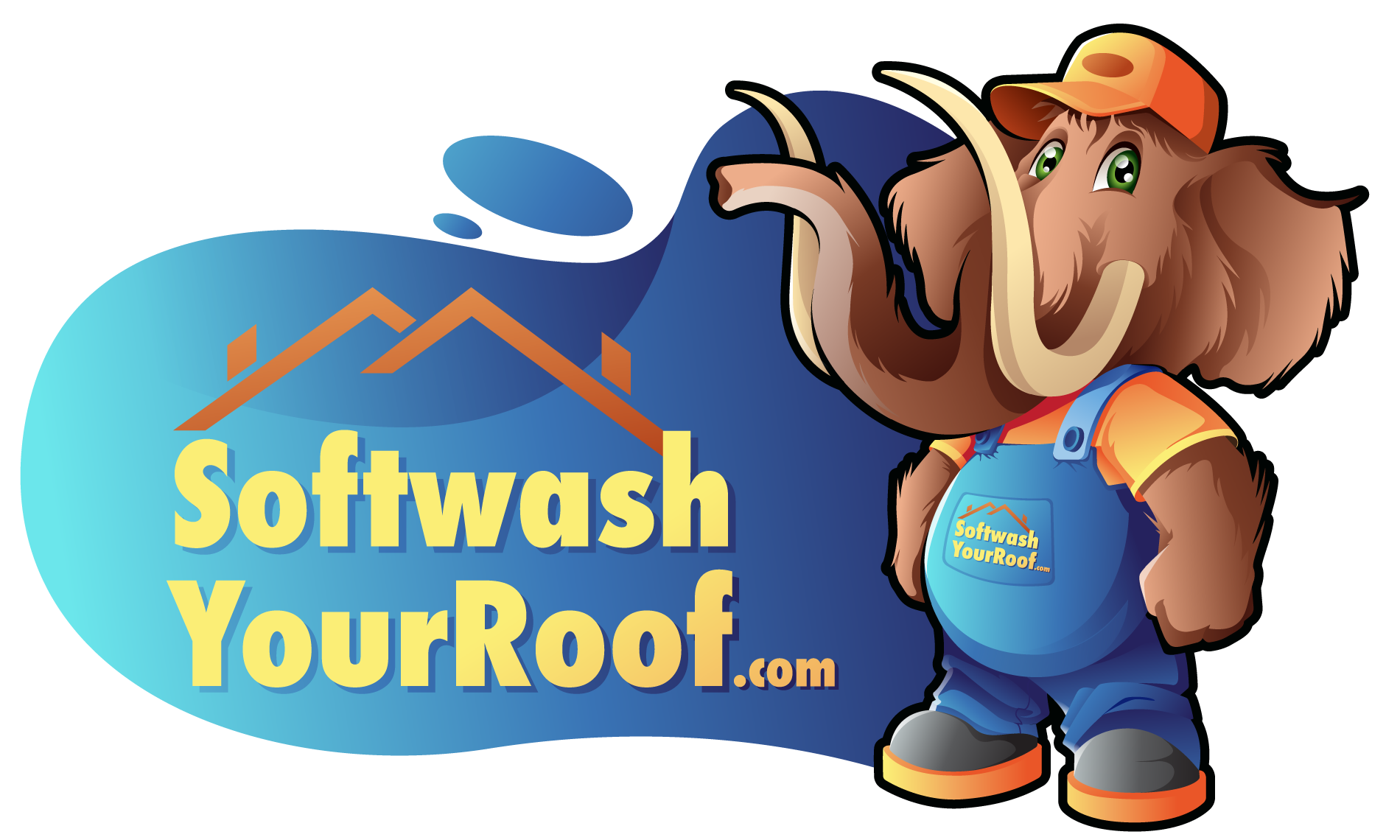
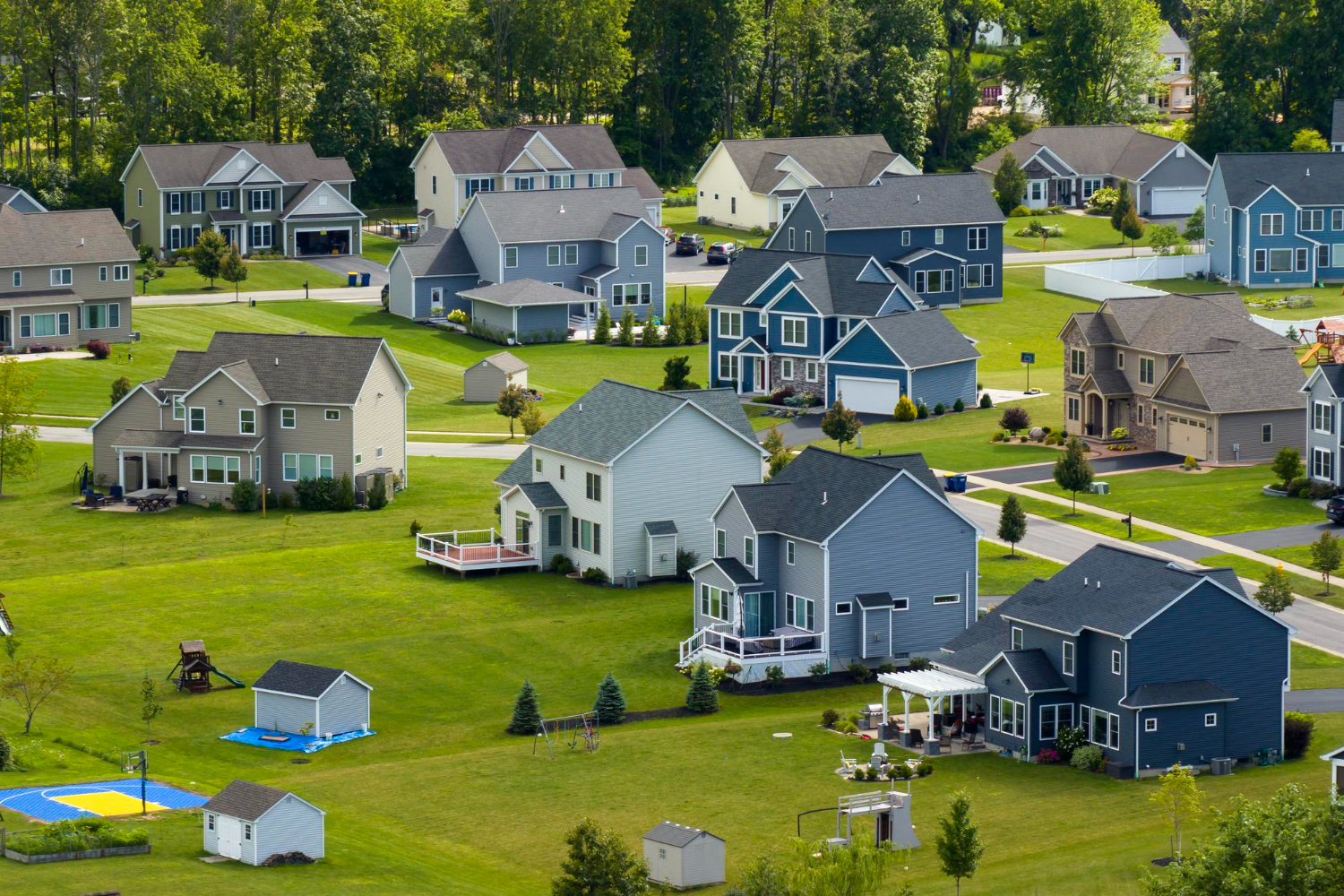
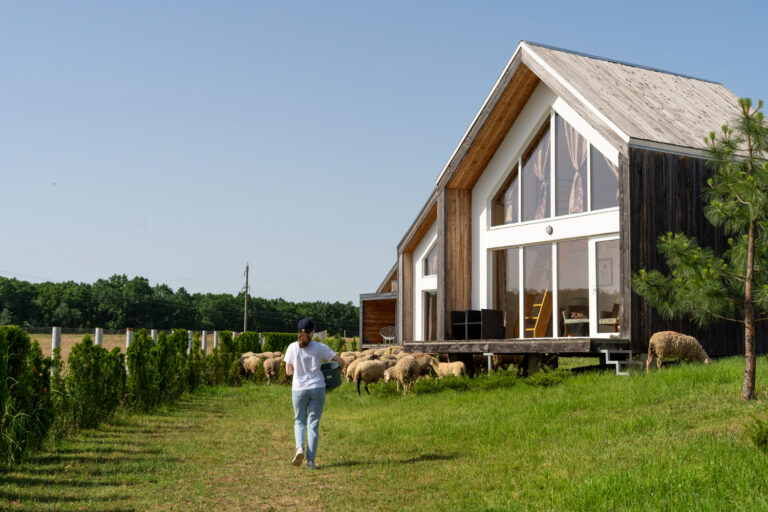
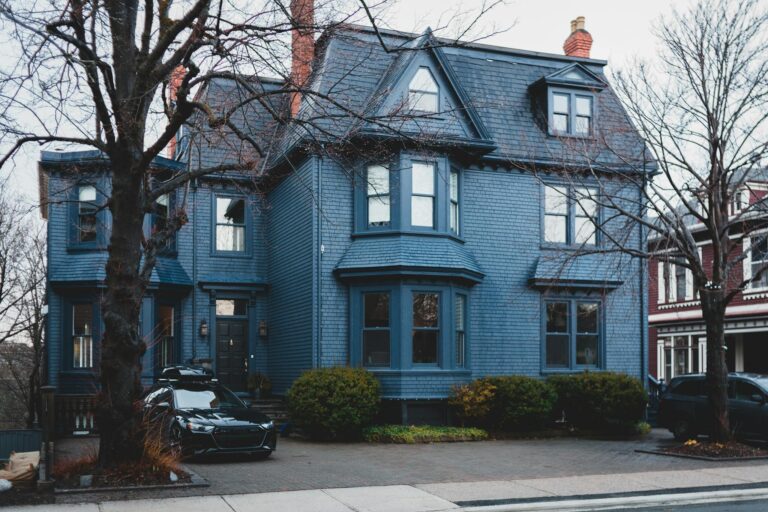
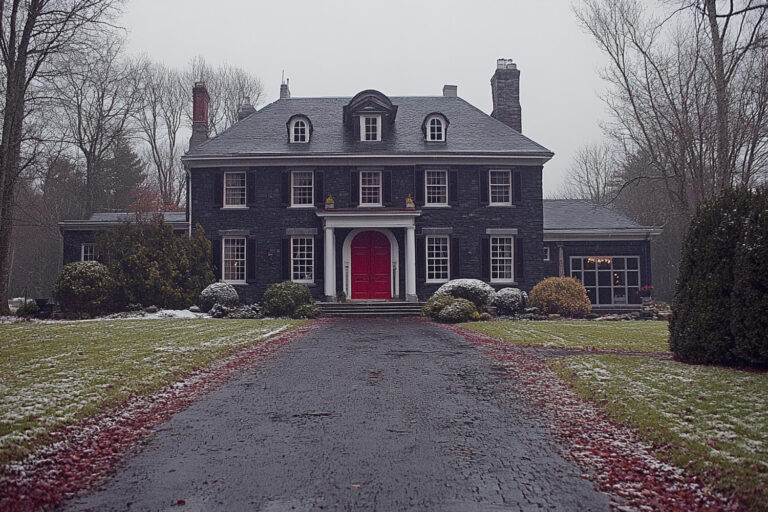


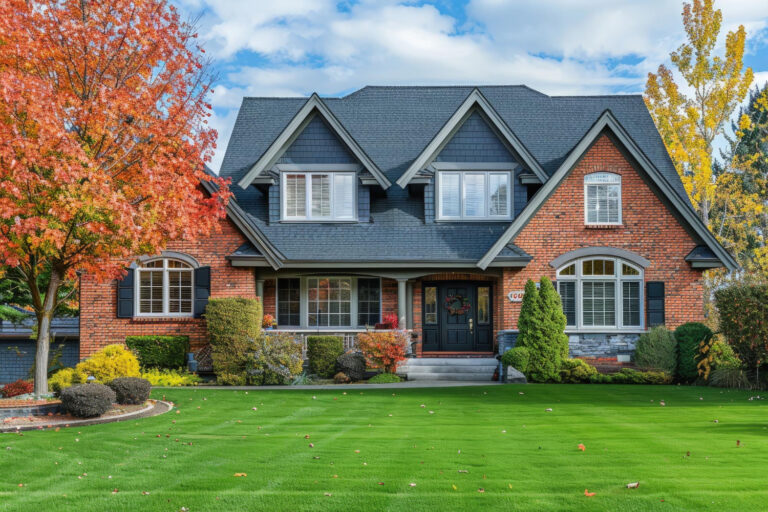

One Comment
Comments are closed.